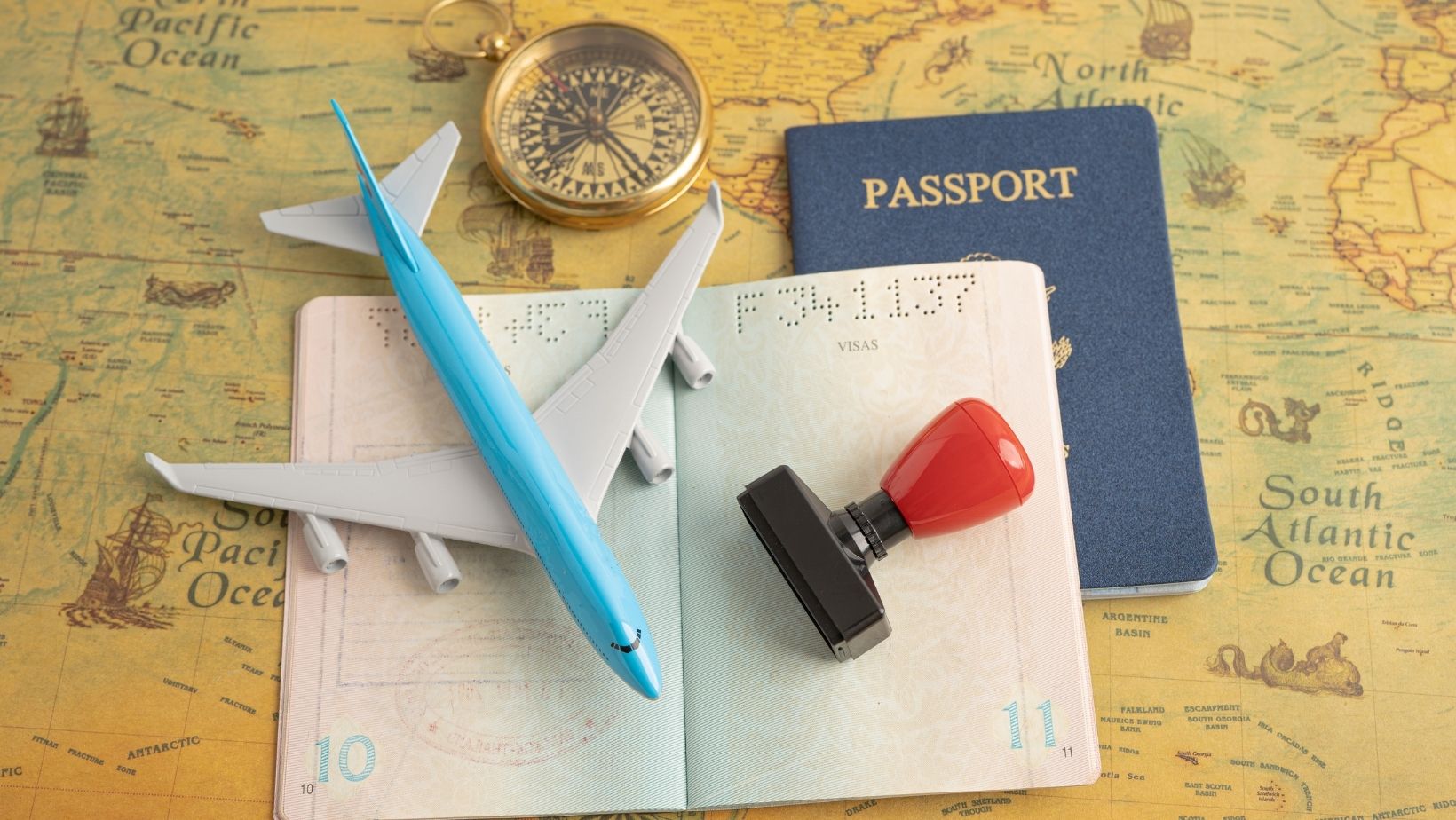Nobody really tells you what immigration feels like. Sure, you get advice about paperwork and timelines, or maybe you’ve watched videos where people talk about “adjusting to a new culture.” But most of what’s said feels distant, like something from a handbook. The truth? It’s messier, more personal, and far more emotional than you expect.
The moment you decide to move, your brain kicks into this mode where everything seems possible and terrifying all at once. You’re booking flights, reading up on visa types, checking housing options… But somewhere in that buzz, there’s a quieter fear you’re trying not to look at too closely. That’s the part no one talks about. And while all the how-to guides can give you a roadmap, they won’t help when you hit a wall at 2 a.m. because your documents got rejected, again. That’s where speaking with someone who’s been through it, or better yet, getting help from an experienced immigration consultant Ottawa, can save your sanity.
You know what’s strange? Culture shock doesn’t always slap you in the face. Sometimes, it just seeps in. You don’t even notice it right away. It could begin with something small: noticing people line up differently, or how quiet the bus feels. Then suddenly, you’re in tears over a confusing self-checkout. And really, it’s not about the machine. It’s about all of it.
The Bureaucracy Will Break You (a Little)
There’s no way around it: immigration processes are brutal. Forms. More forms. Then some other version of the form you already filled out. And guess what? One missing date, one scan that’s a little blurry, and you’re starting over. You’ll spend hours refreshing a government website just to see the same update that says “pending.”
People will tell you to be patient. Patience is easy to preach, but when your whole life — work, plans, the right to stay — hangs on some faceless official flipping through your forms, it feels more like a cruel joke.
You might even start doubting yourself. Did I mess up? Was this the right time? You’ll go down that spiral more than once. It’s okay. Most of us do.
Starting Over Is Way Harder Than Moving
The moving part? It’s not even the real hurdle. Once you land, settle into a new apartment, figure out how to get around, that’s when the real emotional weight kicks in. Because now you’re here, and nothing feels familiar.

Simple things become mountains. Opening a bank account? Stressful. Setting up a doctor’s appointment? You’ll Google translations for basic words and hope you don’t embarrass yourself. Ordering coffee feels like everyone’s watching. Your accent, your clothes, even your body language, it all feels loud.
And work? That’s another beast. If you’re lucky, you find something quickly. If not, you might be doing a job you’re overqualified for, or worse, waiting months just for an interview. It messes with your confidence.
Loneliness Will Sneak Up On You
Loneliness doesn’t vanish just because you’re surrounded by people. And making new friends as an adult? That’s tough. That’s a whole challenge on its own. Doing it in a new country where you don’t fully understand the humor or the small talk cues? It’s exhausting.
You’ll find yourself missing small, strange things, a nearby store, a neighbor’s hello, the radio station from your drives. Homesickness isn’t always obvious sadness; it’s a quiet, lingering pain.
And Yet… You’ll Grow in Ways You Didn’t Expect
Now here’s the part no one tells you, either — eventually, you’ll find your rhythm. It won’t happen all at once. One day, you’ll notice you didn’t need to check Google Translate during a conversation. Or you’ll get through a week without feeling like an outsider.
You’ll realize your strength, not heroic, but real and messy, earned by figuring things out alone. You’ll get better at asking for help, shrugging off mistakes, and making a life again. When someone asks about immigration, you’ll smile and say, “It’s a lot”. Because it is. But you’ll know that it was worth it.



